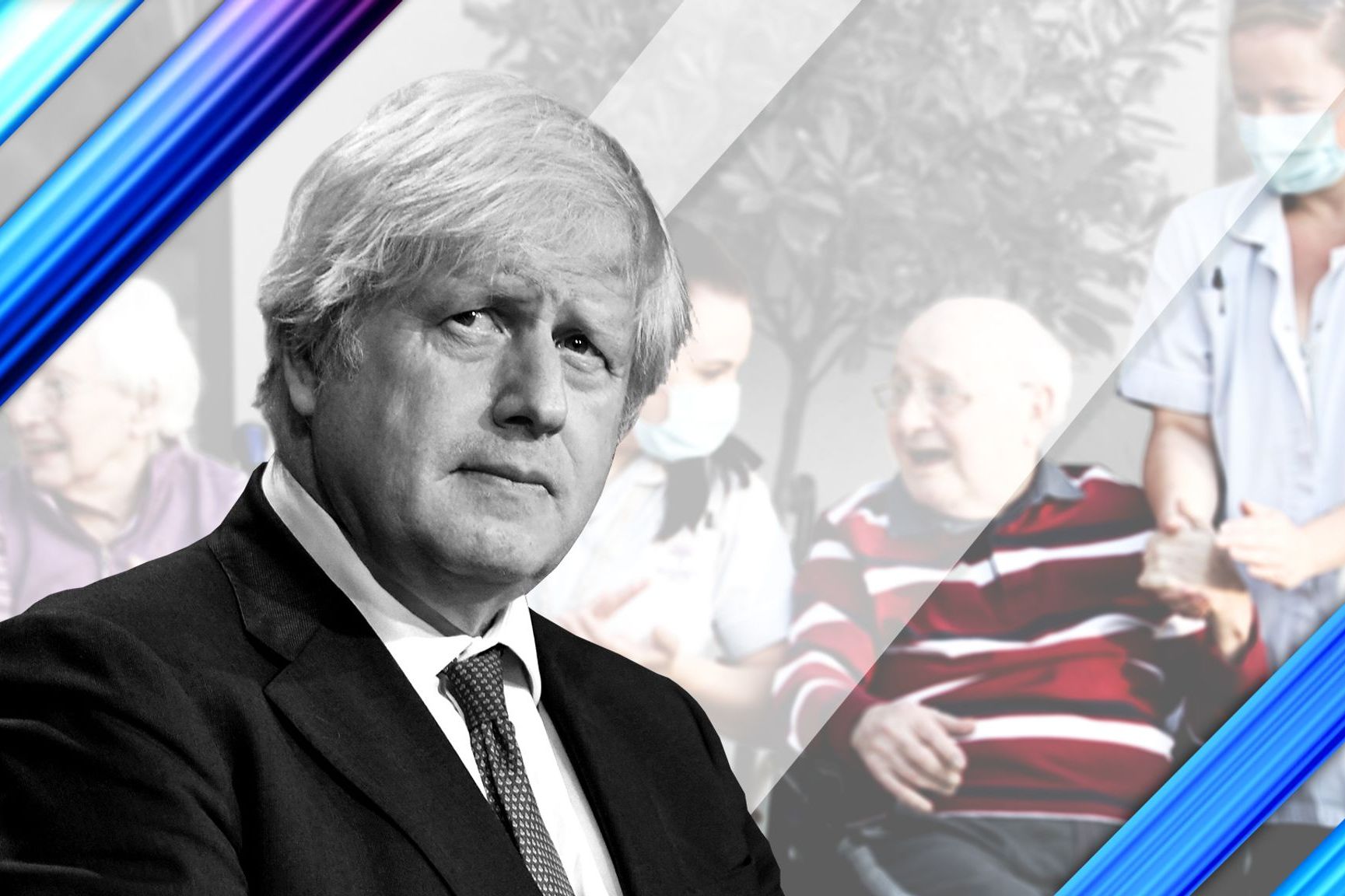During the last week, Parliament passed a strongly debated rise in national insurance contributions as part of the new Health & Social Care Levy that is due to kick in at the beginning of the next tax year. From 5th April 2022, National Insurance rates will increase by 1.25%, with the government hoping to ringfence this extra money for the NHS and social care in the UK on the heels of the COVID-19 pandemic.
This will affect both the employed and self-employed across the board, so let’s take a closer look at what this will mean.
Employed
For workers who are paid through the PAYE system, the rise will automatically be applied to your Class 1 National Insurance contributions by your employer, so your first payslip after 5th April 2022 will show an increase in deductions of National Insurance. How much this will be
linked to how much you are earning – so for example:
- A worker on £20,000 a year will contribute approximately £130 more in Class 1 National Insurance than the year before.
- A worker on £50,000 a year will contribute approximately £505 more.
- A worker on £80,000 a year will contribute approximately £880 more.
Self-employed
Self-employed workers will only see a rise on their Class 4 contributions. The fixed Class 2 contributions you make will not be affected by the rise.
Currently, Class 4 contributions are paid at a rate of 9% on any profits exceeding a threshold of £9,568 in the current tax year. This rate will go up to 10.25% from April 2022 and will be calculated on your self-assessment tax return – whether or not the profit threshold will also
change has yet to be announced.
Employers
For employers who will be applying the rise on Class 1 contributions for their employees, you will also see a 1.25% rise on the secondary Class 1 contributions made as ‘Employers’ National Insurance. This means that for those employers with slightly larger payrolls whose contributions exceed the Employment Allowance (currently £4,000 for 2021-22), the rate will go up from 13.8% to 15.05%.
The rise will also affect the amount paid as Class 1A and 1B paid on taxable employee benefits such as private medical insurance, company cars or relocation expenses. These are currently paid at a rate of 13.8%, so will also rise to 15.05%, so this will need to be considered upon provision of any benefits.
Topics
Archive
- 2024
- March 2024 (1)
- January 2024 (1)
- 2023
- December 2023 (2)
- November 2023 (2)
- September 2023 (2)
- August 2023 (1)
- July 2023 (3)
- June 2023 (3)
- May 2023 (2)
- April 2023 (1)
- March 2023 (4)
- February 2023 (2)

